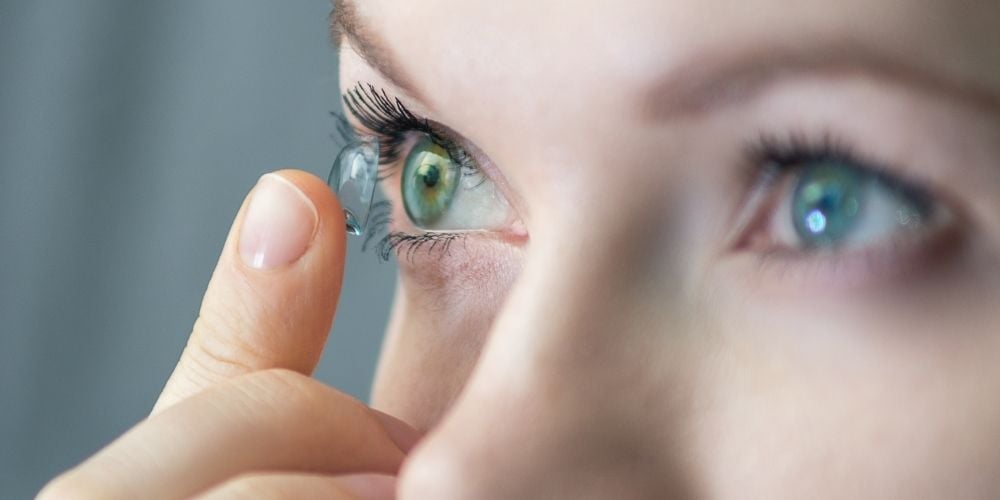Home » Smart Contact Lenses

Smart contact lenses are revolutionizing the way we think about vision correction and health monitoring. These advanced wearable devices go beyond traditional contact lenses, integrating cutting-edge electronics that offer functionalities like augmented reality (AR) displays, real-time health tracking, and seamless data transmission. As technology evolves, smart contact lenses are poised to become a crucial tool in both healthcare and everyday life.
Smart contact lenses are packed with innovative features that make them far more than just vision correction tools:
Smart contact lenses are already being explored for various groundbreaking applications:
Despite their promise, smart contact lenses face several challenges that must be addressed before they can become mainstream:
The future of smart contact lenses looks incredibly promising, with potential advancements in several areas:
Several companies are leading the development of smart contact lenses:
As with any emerging technology, smart contact lenses come with ethical and privacy concerns that must be carefully managed:
Smart contact lenses represent a significant leap forward in both vision enhancement and health monitoring technology. While challenges remain in terms of power supply, comfort, safety, and regulatory approval, the potential benefits are enormous. As this technology continues to develop, smart contact lenses could become a vital tool in personalized medicine, augmented reality, and everyday life, offering unprecedented capabilities in a discreet and user-friendly form.
Hello!